Glaucoma Articles
This is the place for the latest information about our work here at Glaucoma Research Foundation and for current events in the world of eye health. All breakthroughs and insights are made possible through the dedication of researchers, and through the continued financial support and active involvement of the community.

Get to Know Dr. Reena Garg, Incoming Chair of the GRF Ambassadors
Dr. Reena A. Garg is a board-certified, fellowship-trained glaucoma and cataract surgeon with Visionary Eye Doctors in Rockville, Maryland.
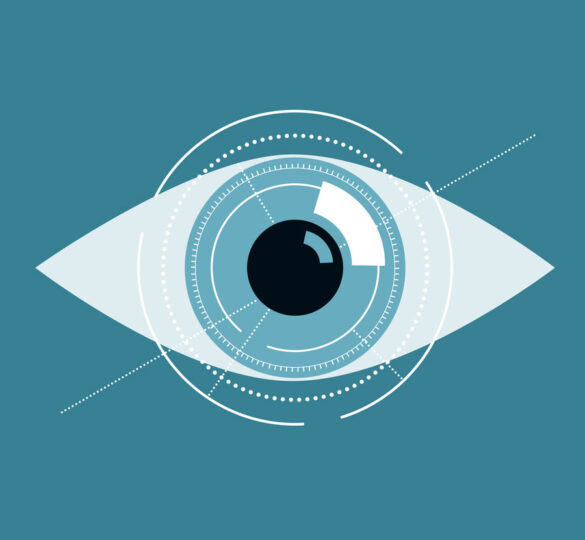
Glaucoma News: Hope is on the Horizon
Glaucoma varies between individuals, so treatments differ, but new research provides hope.

Glaucoma afáquico o glaucoma secundario tras la cirugía de cataratas
El glaucoma afáquico es una forma de glaucoma secundario que con frecuencia sigue a la cirugía de cataratas en lactantes y niños.
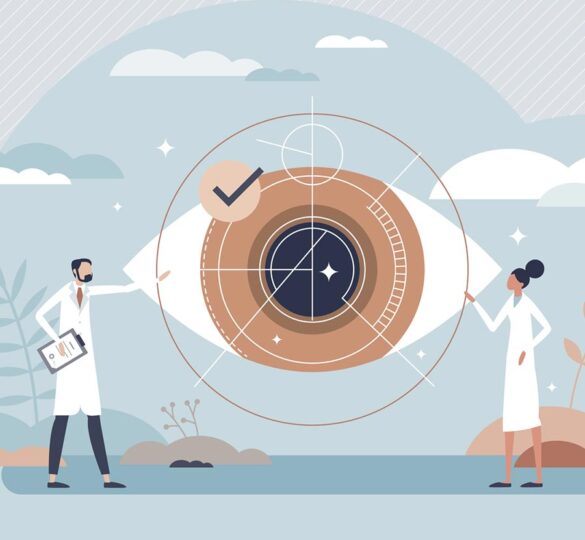
¿Puedo realizar una corrección de la visión con láser?
Aunque es raro desarrollar glaucoma como resultado de LASIK, aquellos que están en riesgo de desarrollarlo o que ya lo tienen requieren consideraciones especiales antes, durante y después de la cirugía.

¿Cómo puedo encontrar un especialista en glaucoma?
Conozca la diferencia entre un oftalmólogo general y un especialista en glaucoma. El oftalmólogo u optometrista general deriva a los pacientes a un especialista en glaucoma.

El papel importante de la salud mental en el glaucoma
Conozca los impactos sobre la salud mental al vivir con glaucoma.
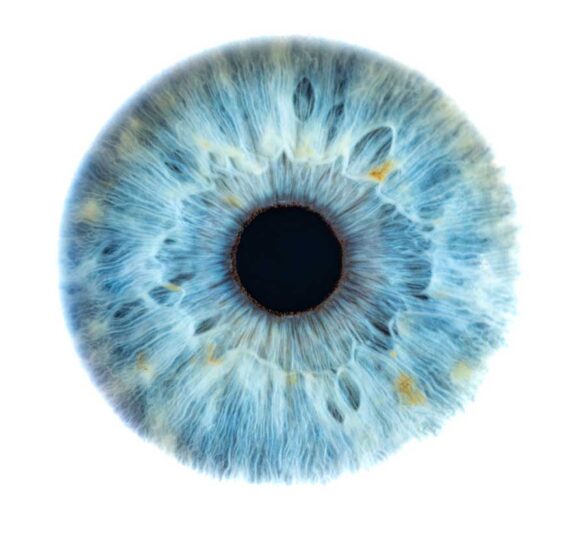
¿Qué es el síndrome de Charles Bonnet?
Este artículo proporciona información sobre el síndrome de Charles Bonnet (Charles Bonnet Syndrome, SCB), una afección en la que los pacientes con pérdida de visión significativa experimentan alucinaciones visuales.

Preguntas y respuestas: Su presión arterial y glaucoma
Tanto la hipertensión como la hipotensión sistémica pueden afectar la salud de los ojos.
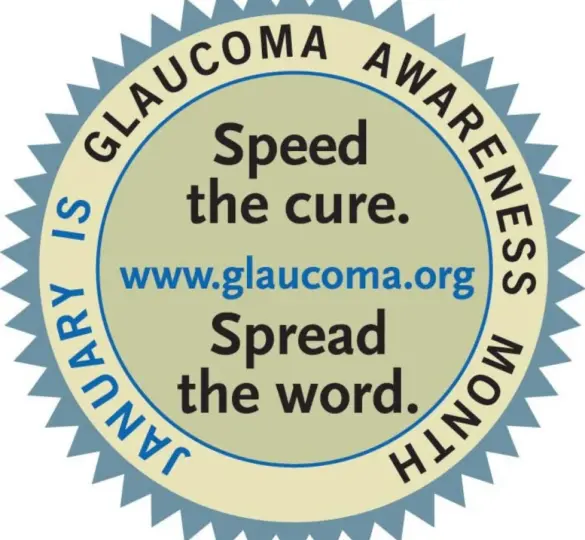
Don’t Let the Silent Thief Steal Your Sight: January Is Glaucoma Awareness Month
January marks Glaucoma Awareness Month, a crucial time to focus on eye health.
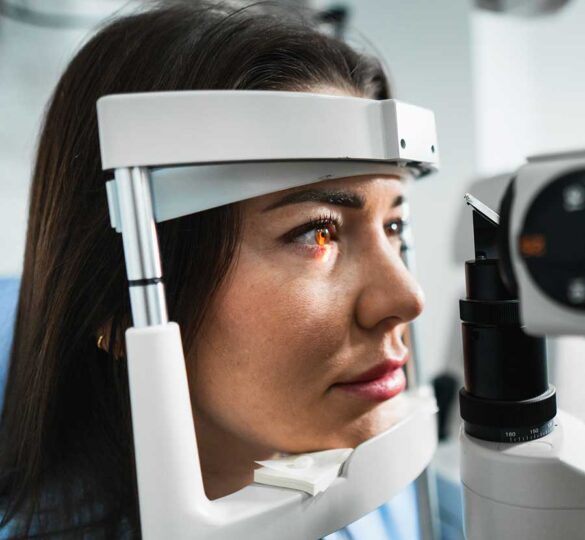
How Glaucoma Progresses and What You Can Do to Protect Your Vision
Learn about the stages of glaucoma and how to protect your vision.
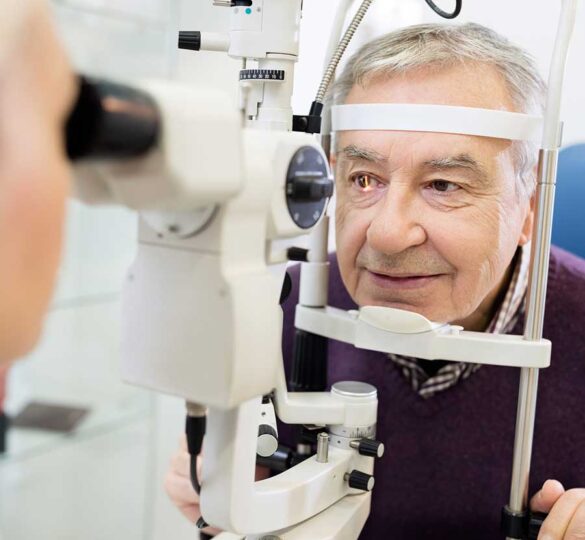
Study Proves Lowering IOP Preserves Vision
Prior to 1998, doctors could not agree on whether intraocular pressure (IOP) was involved in optic nerve damage, even when IOP was in the normal range. But a study sponsored by Glaucoma Research Foundation changed all that!
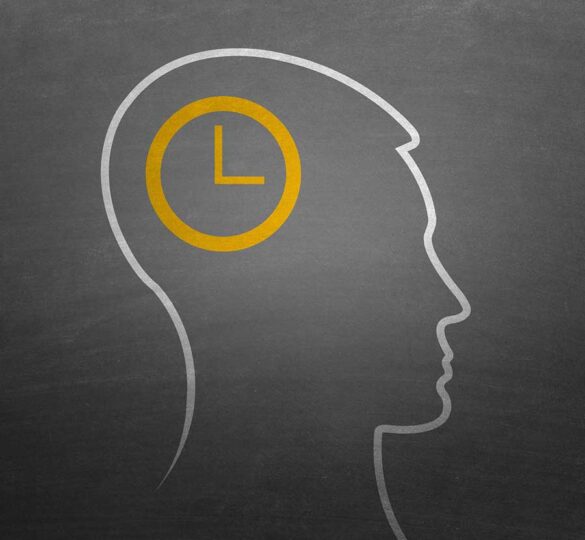
The ‘Epigenetic Clock’ May Help Predict Glaucoma Progression
Glaucoma, a neurodegenerative disease and a leading cause of irreversible blindness, is closely correlated with biological age, but the underlying mechanisms aren’t fully understood.

When Vision Fades, Determination Shines: David Chute’s Fight for a Cure
Determined to make a difference for everyone living with glaucoma, David Chute connected with Glaucoma Research Foundation to help accelerate new treatments.
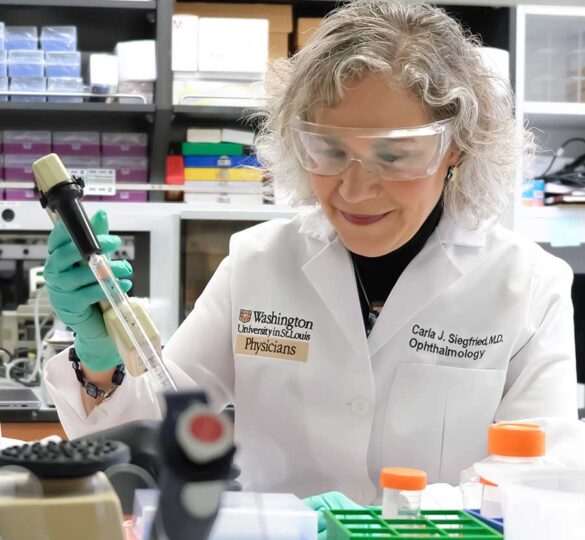
Researcher Spotlight: Carla Siegfried, MD
“Innovative research really can move things forward. We can make things better for our patients by improving our understanding of this very complex disease.”

Your Blood Pressure and Glaucoma
Both systemic hypertension and hypotension can affect the health of your eyes.
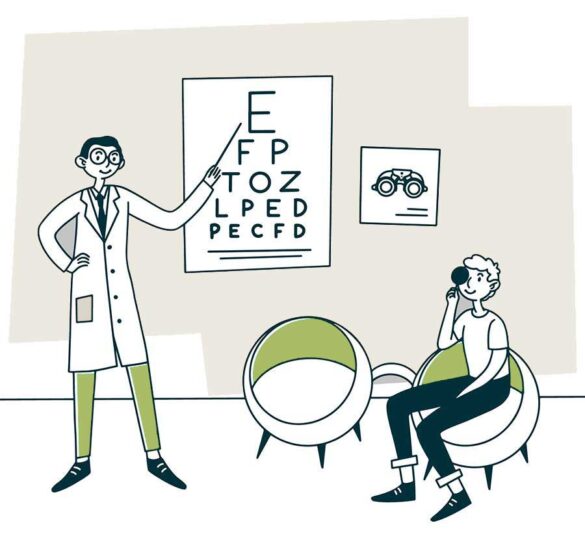
The Consequences of Undiagnosed Glaucoma and How to Avoid Them
People often call glaucoma the silent thief of sight.

Glaucoma Treatments, Surgeries, and Costs
Learning that you may need a procedure for glaucoma can feel overwhelming, but you’re not alone.
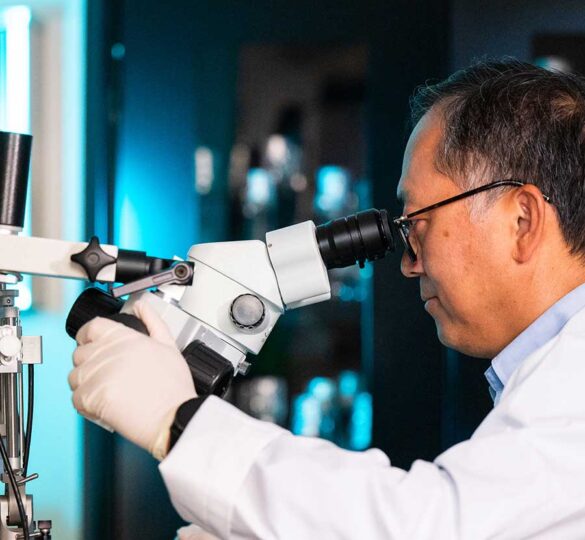
The Powerhouse of Vision: How Mitochondria are Linked to Glaucoma
Researchers are looking for new types of treatments that do more than just lower eye pressure.

The Important Role of Mental Health in Glaucoma
Learn about the mental health impacts of living with glaucoma.

When You Have Cataracts and Glaucoma
Patients who have both cataracts and glaucoma require special care and planning.

Shaffer Grants Funding the Future: A Look Back at the Shaffer Class of 2005
Since 1978, Glaucoma Research Foundation has been investing in high-risk/high-reward research programs in the form of Shaffer Grants.

Making Glaucoma Treatment Even Easier With Sustained Release Medication
Sustained-release medication can increase patient compliance and result in a drug delivery system that is less inconvenient and more efficient.

How Can I Find A Glaucoma Specialist?
Learn about the difference between a general ophthalmologist and a glaucoma specialist. Patients are typically referred to a glaucoma specialist by their general ophthalmologist or optometrist.

How New Contact Lens Tech is Transforming Glaucoma Care
The future of glaucoma care is taking shape now. New contact lens technologies could make it easier for patients to comply with their medication plans and monitor changes in their eye pressure.

Aphakic Glaucoma or Secondary Glaucoma Following Cataract Surgery
Aphakic Glaucoma is a form of secondary glaucoma that frequently follows cataract surgery in infants and children.